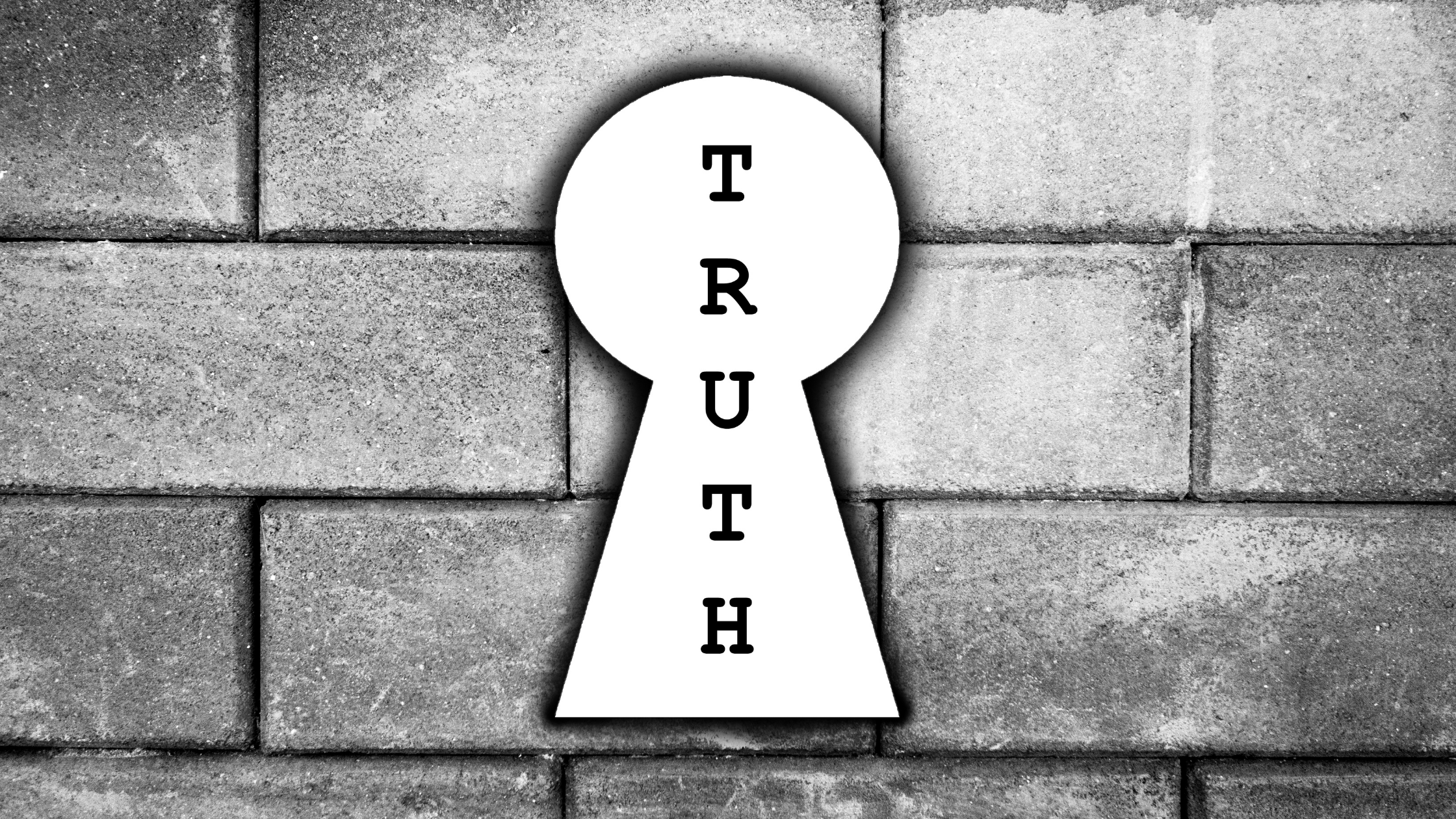Your cart is empty now.

The Criteria for a True Religion
There are five qualities mentioned in verse 7:157 that form the criteria for a true religion. God says: Those who follow the Messenger, the unschooled prophet, whose mention they find written with them in the Torah and the Gospel, who bids them to do what is right and forbids them from what is wrong, makes lawful to them all the good things and forbids them from all vicious things, and relieves them of their burdens and the shackles that were upon them – so those who believe in him, honor him, and help him and follow the light that has been sent down with him, they are felicitous.
The five qualities mentioned in the above verse are:
1) To promote what is right
2) To forbid what is wrong
3) To legalize all the good things
4) To ban the foul things
5) To abolish all burdens and shackles
These qualities are also among the exclusive traits of the Prophet of Islam although some share of them existed in the previous religions. Similarly, legalizing the good things and banning the foul things are ordinances which are common to all divine religions. Likewise, the law that prophet Jesus brought included some elements of laying down the burdens and fetters.
Despite the above, the one religion which blew a full spirit of life into enjoining good and forbidding evil was Islam. Similarly, Islam is the only religion which takes in its scope every aspect of human life and human behavior and classifies them into lawful and unlawful things. Islam is also the one religion which abrogated all difficult obligations which were laid upon the People of the Book.
The perfection of the above five qualities is exclusively found in Islam although some stages of them are also found in other religions. In other words, Islam is the perfection of the religion of Moses and Jesus.
Thus the five descriptions given in the verse 7:157 show that the Prophet confirms the divine laws and teachings in the Torah and Gospel. Other Qur’anic verses like 2:101 and 2:89 show that the Prophet brought the perfection of the laws found in the other scriptures.
Reference: Al-Mizan, Eng. Vol. 16 (pub. by Tawheed Institute, 2018).
